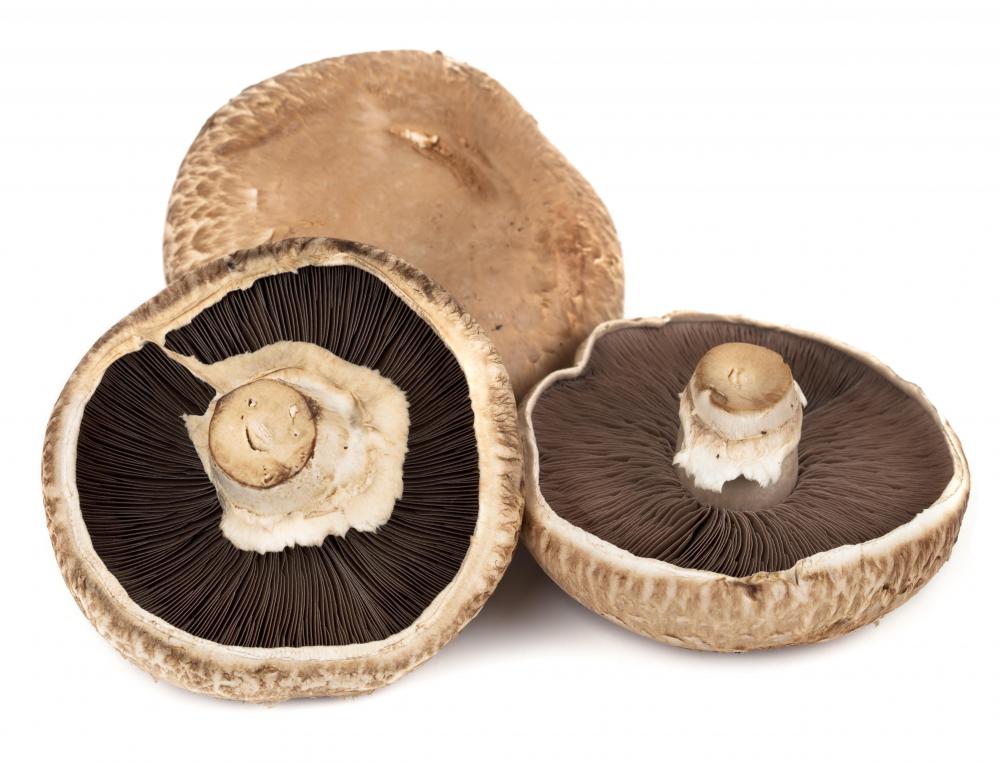At TheHealthBoard, we're committed to delivering accurate, trustworthy information. Our expert-authored content is rigorously fact-checked and sourced from credible authorities. Discover how we uphold the highest standards in providing you with reliable knowledge.
What Is Hydrolyzed Protein?
Hydrolyzed protein includes any protein source that has been broken down before it is added to food. Manufacturers rely on chemical processes to break the protein down into individual amino acid units, much in the same way the body digests protein into these same amino acids. This can be accomplished by adding the protein to an acid-based solution or through the use of various enzymes. Hydrolyzed protein can be found in many different types of processed food products, yet remains a controversial substance for some consumers.
Manufacturers produce hydrolyzed protein from a variety of sources. It can be made from beef by-products, or milk and other forms of dairy. This protein source can also be produced using vegetables like tomatoes or mushrooms. It is also frequently made from grain products, including wheat, oats, and cereals. Generally, manufacturers will list the source of hydrolyzed protein on a list of ingredients so that buyers can make effective dietary decisions.

Most of the time, hydrolyzed protein is a relatively minor ingredient in food. It serves as a common additive to enhance flavor, thicken, or stabilize a product. It's often mixed with spices to create seasoning, and may also be used as an emulsifier in medicines and pharmaceutical products. This material may even serve as an ingredient in vegetarian meat products, such as imitation hamburger, chicken, and sausage. These faux-meat dishes use a vegetable-based hydrolyzed protein as the main ingredient, which offers valuable protein and a meat-like texture.

Hydrolyzed protein is a source of concern for many consumers. When added to almost any type of food, this protein reacts with salt to form monosodium glutamate (MSG). Some people believe that consumption of MSG can lead to negative health effects, including migraines, dizziness and nausea. While food regulatory bodies often require manufacturers to list MSG on the package when it's been added to a product, this isn't always the case. Even in the United States, companies that are required to list MSG do not have to list hydrolyzed protein if it is the only source of MSG in the product.

Additional concerns lie in the source of hydrolyzed protein. In the past, this ingredient was often listed as a natural flavoring. This made it difficult for buyers to spot products that contain meat or meat by-products. This issue is further complicated by the source of this protein, which includes common allergens like milk or wheat.
AS FEATURED ON:
AS FEATURED ON:















Discuss this Article
Post your comments